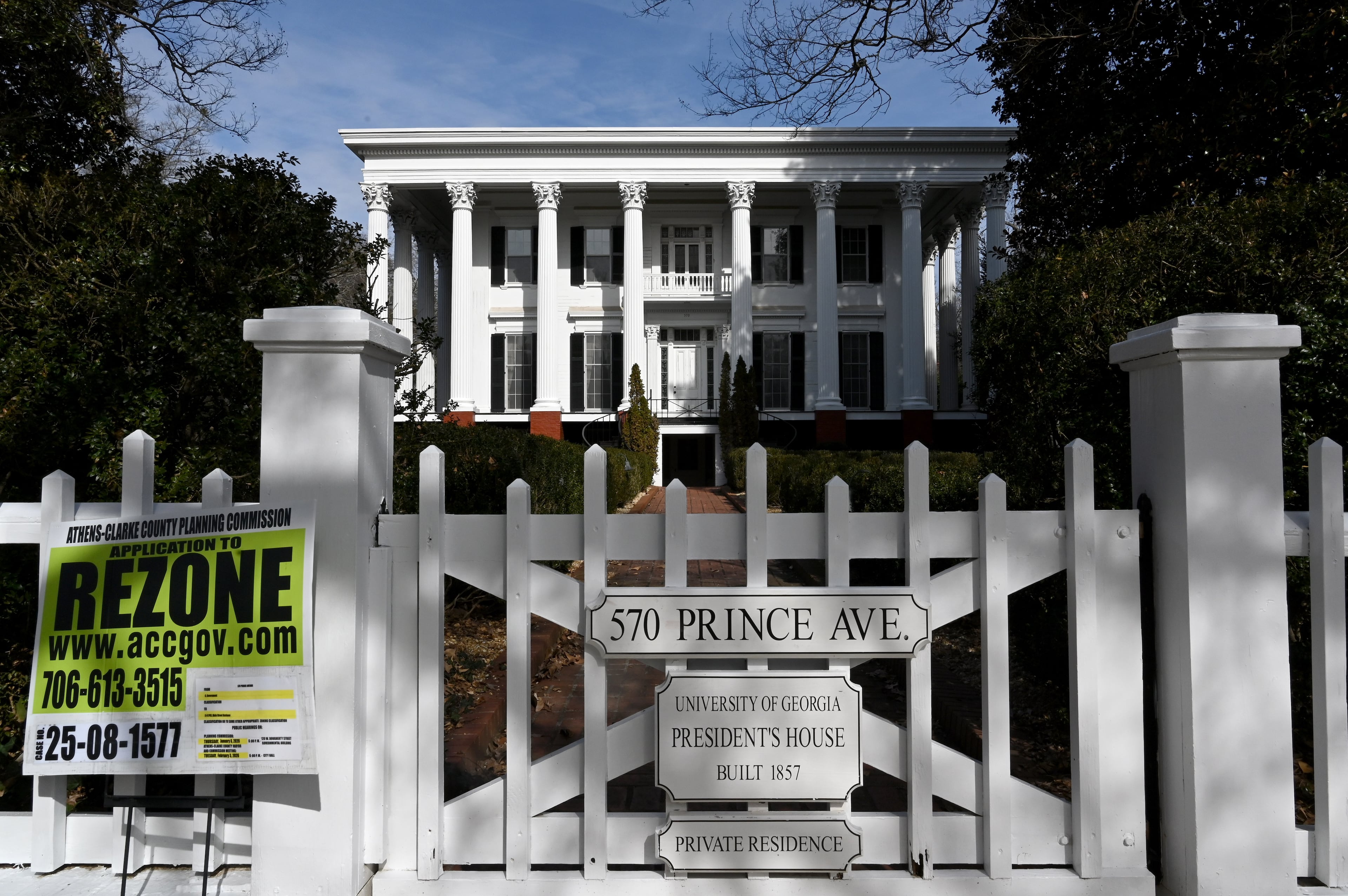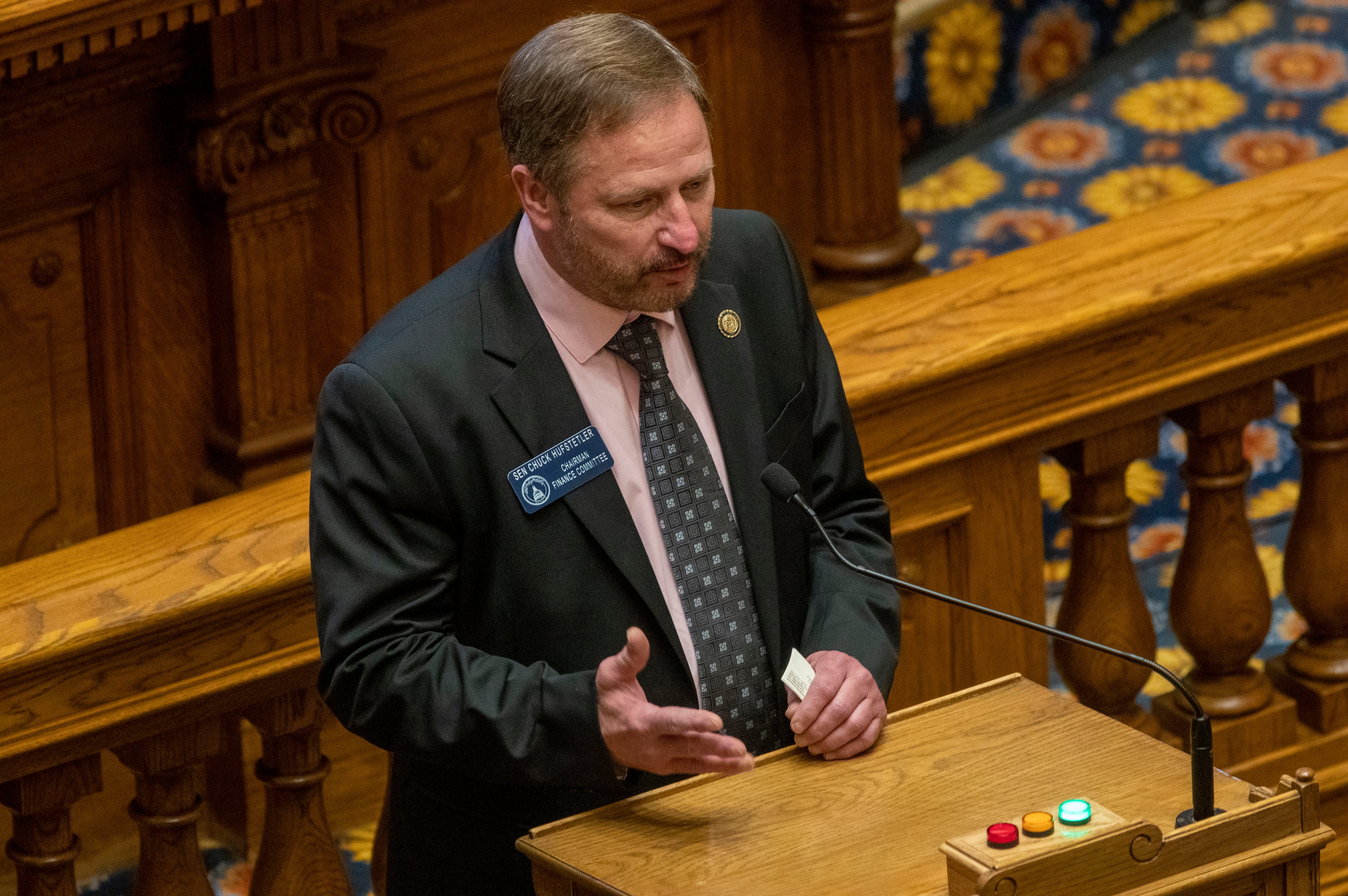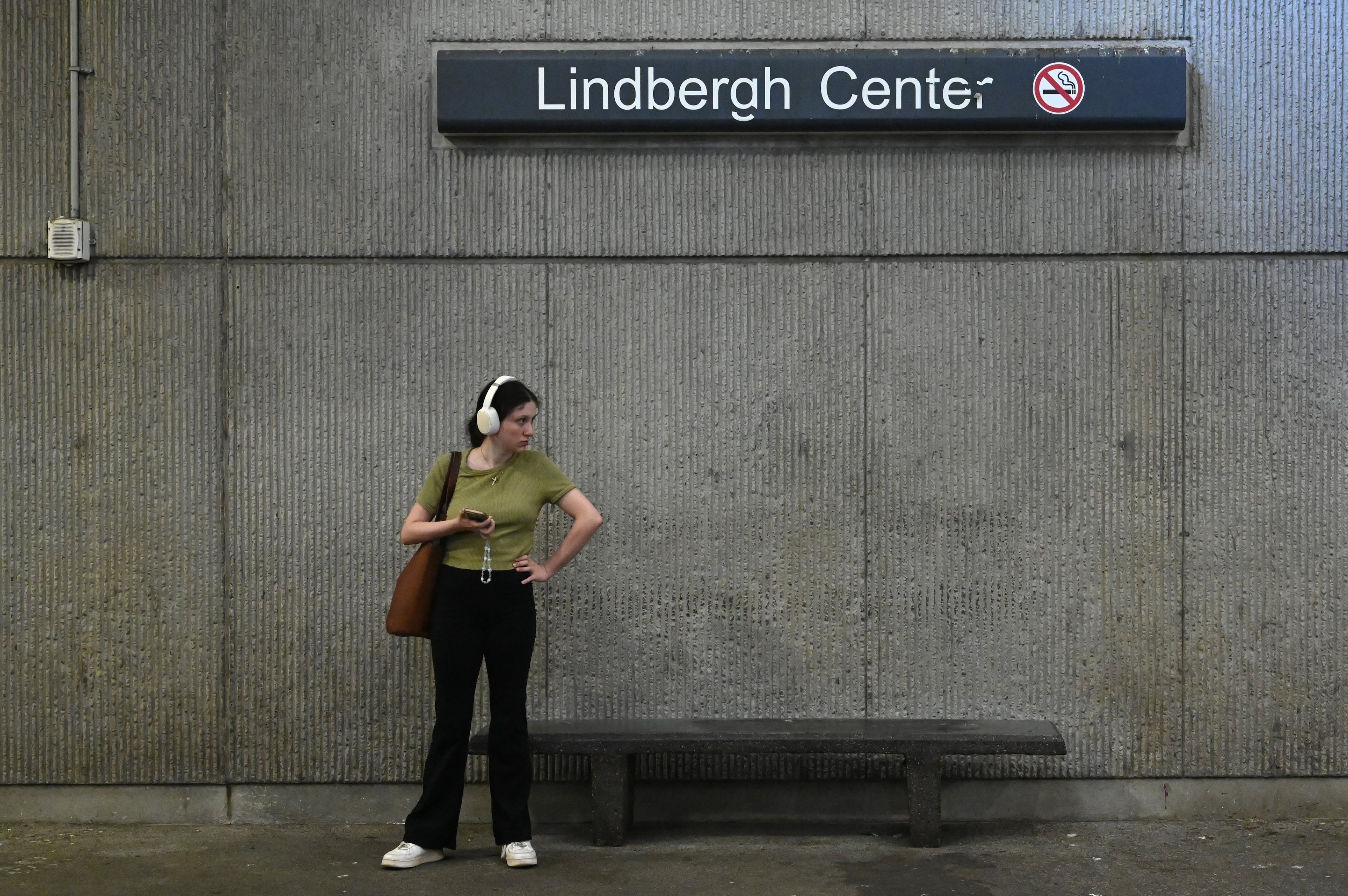Jury to decide Cobb schools yoga dispute

A federal judge in Atlanta decided Friday to let a jury determine whether the banning of yoga in a Cobb County school advanced the cause of Christianity.
Three years ago, in the face of a parental uproar, the county school board transferred assistant principal Bonnie Cole from the school where she and other teachers had introduced yoga as a calming technique. She claims it was a capitulation to parents whose objection was based on religion and that it undermined her career and lengthened her commute since her new school was farther from her home.
The district says religion was not the motive and that officials were merely trying to settle a riotous situation that had undermined schooling. Parents had been protesting, even laying hands on Cole’s office window and praying. They also emailed Superintendent Chris Ragsdale and a school board member about their religious concerns.
The case involves the essential American question of the separation of church and state, and the ways in which government officials might breach it. It also touches on a national controversy over the imported practice of yoga, which some see as secular but others feel is religious.
Yoga is inseparable from its Hindu and Buddhist roots, Albert Mohler, president of the Southern Baptist Theological Seminary, told The Atlanta Journal-Constitution in 2017. If it calms the mind, then it has a spiritual effect, he said. "If it's spiritual, then it is religious." Religious scholars say it's an unsettled topic academically.
The case is occurring in a county with a history of controversy over religion in schools. In 2002, the district put a sticker on science textbooks that said evolution is “a theory, not a fact” and encouraged students to read with an open mind, “critically considered.”
Even so, the district’s lawyer, Charles Bachman, Jr., argued Friday in U.S. District Court that there is no evidence that Ragsdale, the school board or any officials were motivated by the religious nature of the parent opposition when they ended the practice of yoga at Bullard Elementary School and transferred Cole to another school.
They were merely trying to restore order, Bachman said. “There was such a disruption that Ms. Cole could no longer operate.”
Neither side of this dispute is saying yoga is religious. Indeed, Cole says she’s a Christian.
But her lawyer, Edward Buckley, argued that the school board’s decision not to back her was in effect advancing a religious cause, by denying all children in the school access to yoga.
Because it was a religious controversy, school officials were obligated to support her or at least to remain neutral, he said. “It was upsetting to Ms. Cole because she wanted the school board to defend her.”
She wants damages, including back pay, lost benefits and legal fees and costs.
Judge William “Billy” Ray, II, said he thought Cole’s legal case was a “marginal” one, but he sided against Cobb, which had asked for dismissal. He said a jury must decide whether religion motivated the school officials’ actions or whether their decision against yoga advanced a Christian cause. A trial could begin by fall.



